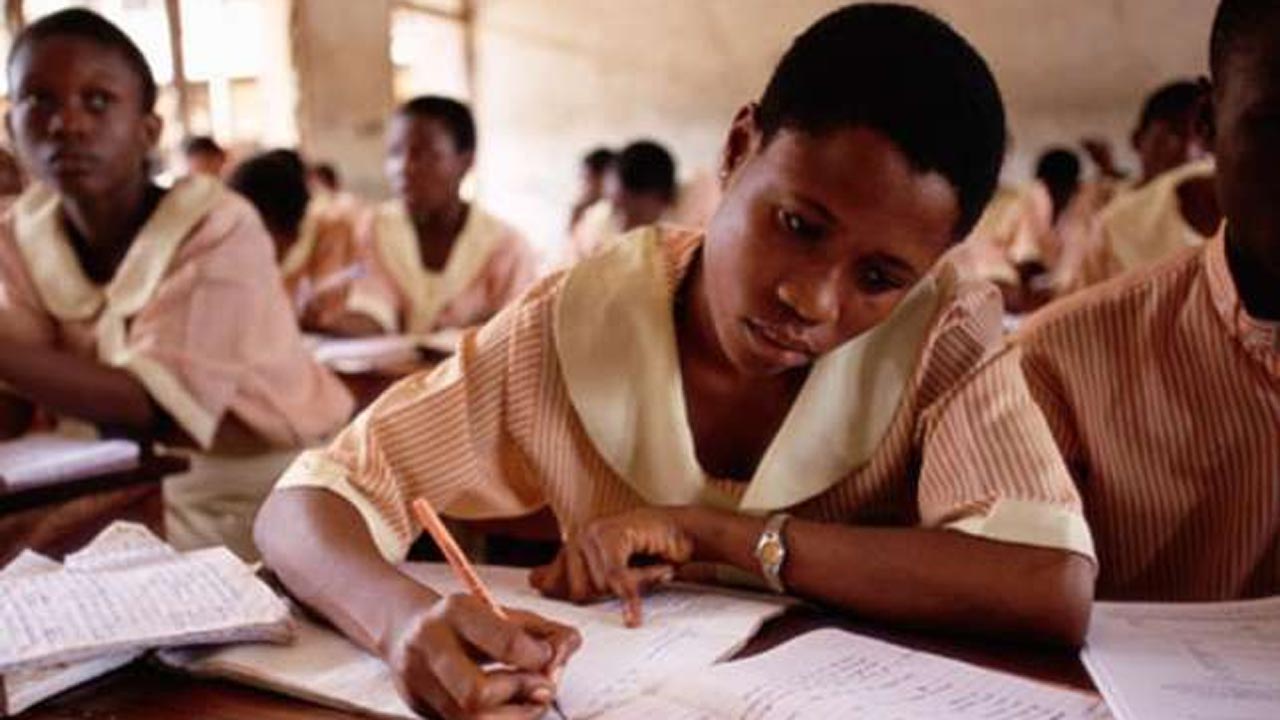
The warning was handed down yesterday by a security scholar and former Director of Distance Learning Centre (DLC) at the University of Ibadan, Prof. Oyesoji Aremu; and a chieftain of the New Nigeria People’s Party (NNPP), Ambassador Olufemi Ajadi Oguntoyinbo.
Aremu, yesterday, said the proposed policy would breed more ‘Yahoo boys’ and criminality among secondary school leavers.
Recall that the Minister of Education, Prof. Tahir Mamman, had announced that the Federal Government had instituted a new age policy for secondary school leaving examinations, setting the minimum age at 18.
Mamman confirmed that the age limit to undertake the Unified Tertiary Matriculation Examination, overseen by the Joint Admissions and Matriculation Board, would also be 18.
But reacting to the policy in an interview with The Guardian, Aremu, who is the Deputy Vice Chancellor (Academic) of Achievers’ University, Owo, Ondo State, said the minister needed to look at the reality of the country.
The psychologist wondered what the students would be doing at home after the completion of their secondary school education.
Aremu said: ”There are many questions the minister needs to provide answers to. When did the National Council on Education decide on the policy? When did the meeting take place and its outcome? At what point did the National Council on Education inform Nigerians of this policy? Has the minister interrogated the policy, given the situation of the country and the current reality? What happens to students who plan to enter the university next year but will be denied admission because of this new policy? What becomes of their psychology; and is anybody thinking of their self-esteem?”
He said the policy might lead to more ‘Yahoo boys’, and more criminality in our society because of the presence of technology, if they were kept at home for extra two years before writing WAEC/NECO examinations; and or gaining admissions to universities.
According to him, 16 years is okay but age 18 is not too good, stressing that “children of these days are more intelligent”.
Oguntoyinbo, in his reaction, called on Federal Government to reconsider the policy, saying: “The policy could hinder academic progress of millions of students currently in Senior Secondary Schools (SSS1 and SSS2), who would reach SSS 3 below the age of 18.”
In a statement, Ajadi noted that the previous minimum age for taking the Joint Admission and Matriculation Board (JAMB) Tertiary Entrance Examination was 16 years, questioning the rationale for suddenly changing the age requirement.
He expressed his agreement with other education stakeholders, who viewed the decision as a backward step that failed to consider the current realities of the education system.
He advised government to maintain the minimum age of 16 years, describing it as a more balanced and sustainable approach.






